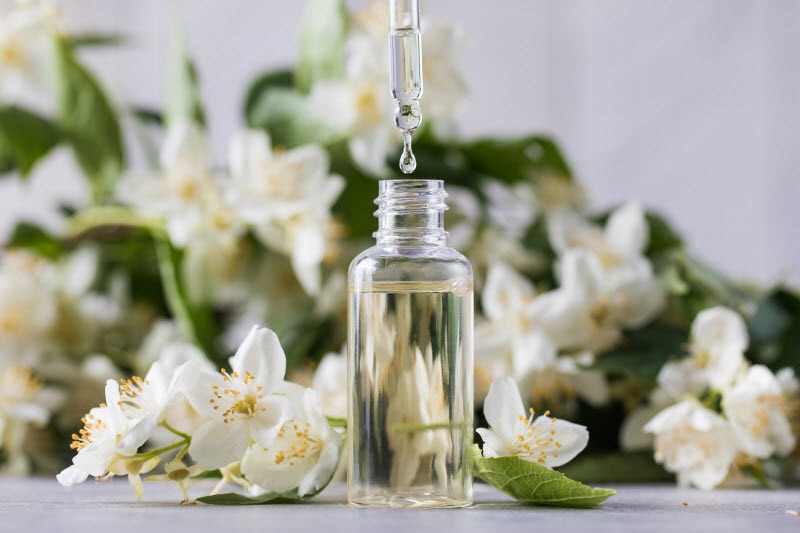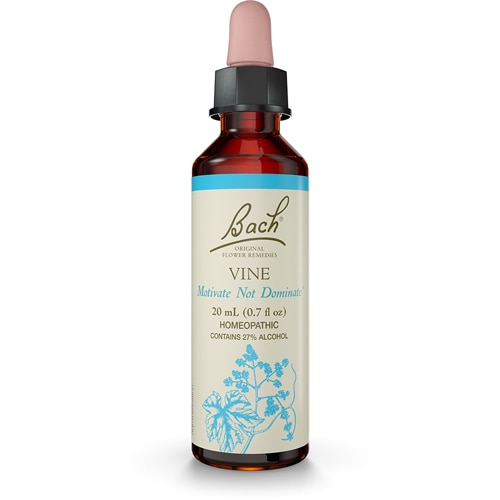There is no true healing unless there is a change in outlook, peace of mind and inner happiness.
– Dr. Edward Bach
Stress, grief, anxiety, frustration – all are inescapable parts of being human. Though we typically experience them emotionally, they can have profound impacts on our physical health as well. Though science is only beginning to unpack the relationship between physical and mental health, the observation that they’re intertwined isn’t new. Nearly 100 years ago, a physician named Dr. Edward Bach noticed that often his patients’ illnesses appeared to be rooted in negative emotions. Modern scientific research has borne out his intuition: Long-term stress, for example, has been linked to a weakened immune system, chronic pain and elevated risk for many diseases.
Bach felt strongly that modern medicine treated only symptoms rather than the underlying causes of disease, which he believed were emotional imbalances that could only be resolved by the individual themselves. Trained in herbalism and homeopathy, Bach sought out plant-based remedies that could help his patients address the emotional issues at the root of their physical complaints. Over many years, he tested out numerous floral essences, waters in which flowers had soaked for a period of time to absorb their energy.
Though science is only beginning to unpack the relationship between physical and mental health, the observation that they’re intertwined isn’t new. Nearly 100 years ago, a physician named Dr. Edward Bach noticed that often his patients’ illnesses appeared to be rooted in negative emotions. Modern scientific research has borne out his intuition: Long-term stress, for example, has been linked to a weakened immune system, chronic pain and elevated risk for many diseases.
Bach felt strongly that modern medicine treated only symptoms rather than the underlying causes of disease, which he believed were emotional imbalances that could only be resolved by the individual themselves. Trained in herbalism and homeopathy, Bach sought out plant-based remedies that could help his patients address the emotional issues at the root of their physical complaints. Over many years, he tested out numerous floral essences, waters in which flowers had soaked for a period of time to absorb their energy.
What are flower essences?
Unlike essential oils or herbal extracts, flower essences do not contain any plant material. The process of soaking flowers and other plant material in water, according to Denise Eaton, Bach’s Education Manager and a registered Bach practitioner, imprints the water with the flowers’ energy, which is then preserved in alcohol. Flower essences made from different flowers target different emotional issues that may affect the body. Eaton explains that Bach experimented with essences made from a variety of flowers and found many could counteract emotions that may negatively impact health. He noticed that certain flowers appeared to help his patients deal with grief, while others helped them better manage anxiety, anger or despair. He ultimately settled on 38 flower remedies, each aimed at addressing a slightly different emotional state, ranging from indecision and impatience to overcoming trauma.How flower essences work
While there’s little scientific evidence to explain the exact mechanisms of flower remedies, Eaton likens the effect of flower essences to that of music, where different sounds and vibrations may affect the body physically. She and other practitioners maintain that the subtle energies imprinted by steeping flowers in water likewise can have an impact on our emotional states and the body’s response to them. Just as a soothing melody can make us feel more relaxed, Eaton explains, a flower remedy can help “relax the body so you have more control over the situation.” Few studies have endeavored to test these theories, but flower essence practitioners and consumers testify to their efficacy. One small double-blind study found that Bach’s Rescue Remedy helped lower high levels of anxiety as compared with a placebo group. One key thing to understand about using flower essences, Eaton cautions, is that they’re best seen as a way to help someone to focus on and deal with their emotional issues. Rather than expecting a single dose to make a symptom disappear as we might when we take a painkiller for a headache, flower essences are considered catalysts that can help us recognize how our emotions affect us so we can work to bring ourselves back into balance. Eaton stresses that flower remedies are not quick fixes, but instead require commitment to working through one’s negative emotions. “It’s a journey,” she counsels. “You need to dig deep within how you’re feeling and what is causing you not to have a fulfilling life and be truly happy and healthy.” Many who have found flower essences effective note that an especially useful part of the process is being asked to focus on emotions that might negatively affect well-being.How to use flower essences
Bach’s flower essences fall into seven categories covering different emotional issues:- Fear
- Uncertainty
- Loneliness
- Oversensitivity to others’ ideas and influences
- Sadness
- Lack of interest in life
- Caring for others at expense of your own needs



